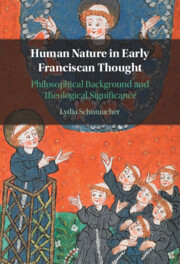In the Summa Theologiae, Thomas Aquinas states that the “aspect of pastness” involved in memory is a certain kind of cognitive object — i.e., an intention — apprehended by the “estimative power.” All told, however, Aquinas mentions this idea precisely once. In this article, I construct an account of the idea that pastness is an estimative intention by drawing upon texts in which I argue that Aquinas develops this idea, albeit without invoking the terminology of the estimative intention. I conclude that, by identifying the aspect of pastness as an estimative intention, Aquinas neatly synthesizes the Aristotelian and Arabic traditions on memory.


